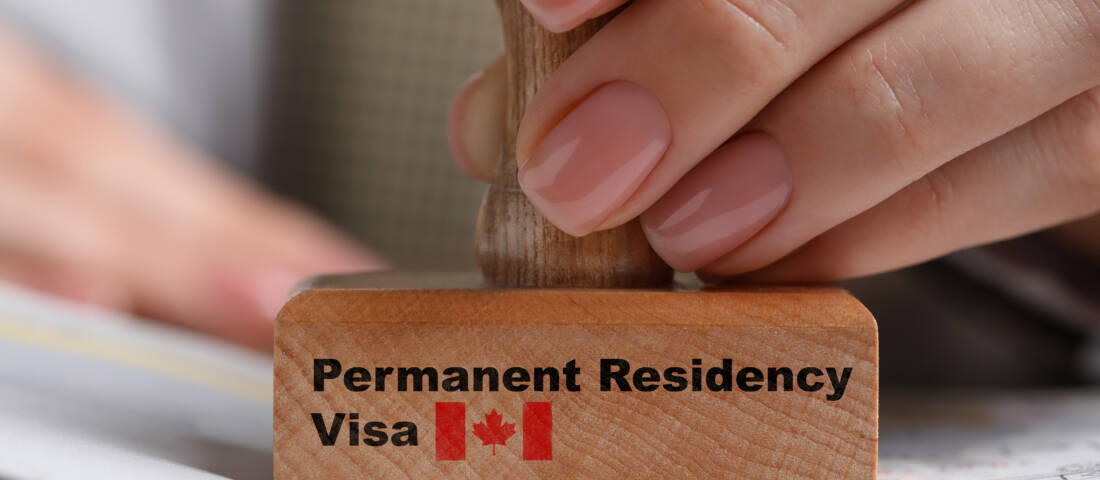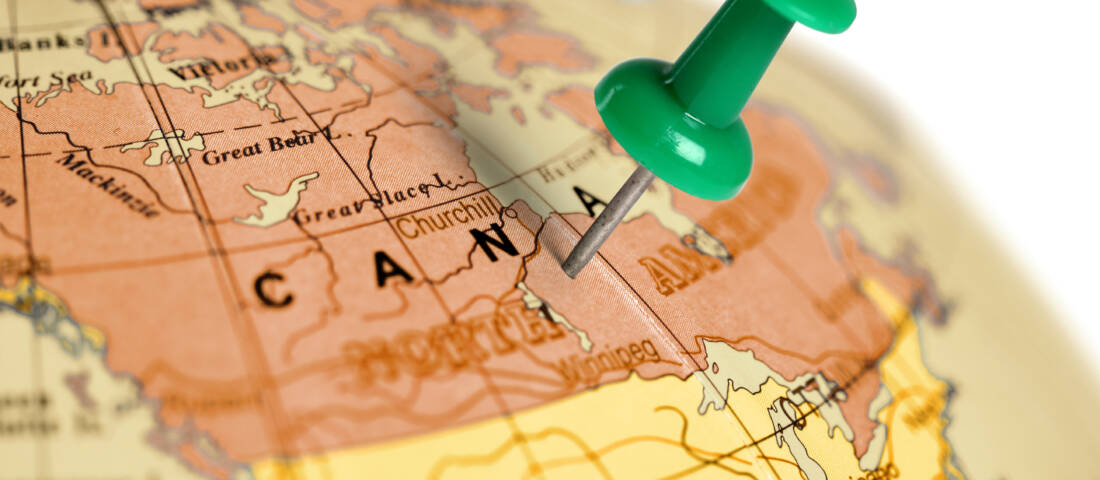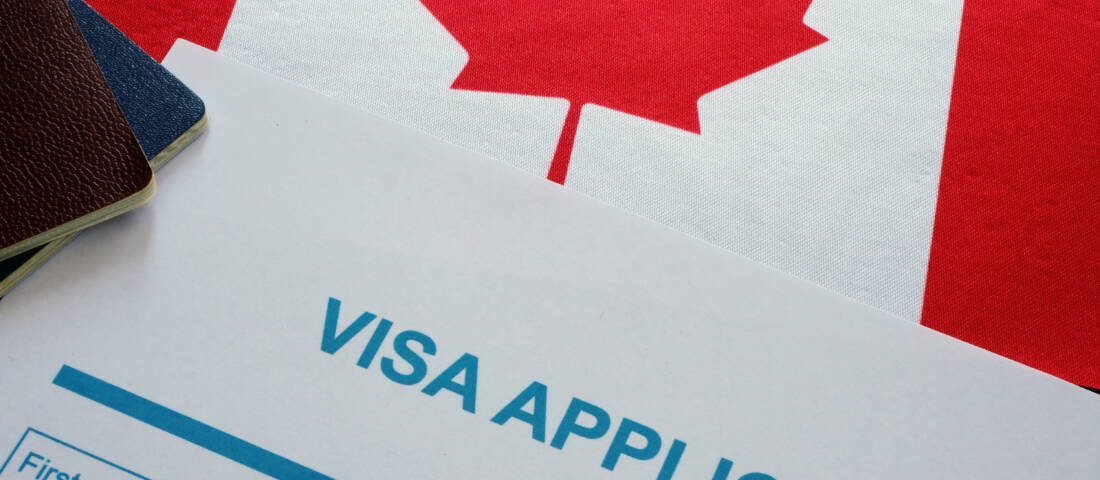What to Know Before Moving to Canada (A Practical Guide)
- Healthcare system: Public healthcare is free for residents, but many newcomers need private coverage for the first 3 months.
- Housing market: Renting in Canada can cost anywhere from $900 to over $2,500+ monthly, depending on the city. It’s competitive in major urban centres.
- Banking, work, and daily life: Newcomers can open free banking accounts, but need valid permits to work. The cost of living varies greatly by region, including taxes, transportation, and insurance.
Understanding Canada’s Healthcare System
Canada’s healthcare system is publicly funded and generally free for citizens and permanent residents, but it doesn’t work the same everywhere. Each province manages its healthcare plan, which means coverage, wait times, and eligibility rules can vary.
Do newcomers get healthcare right away?
Not always. In provinces like British Columbia and Ontario, there’s often a three-month waiting period before public coverage kicks in. During that time, you’ll need private health insurance to cover doctor visits, prescriptions, and emergencies.
What’s covered?
Basic medical services such as doctor appointments, hospital visits, and diagnostic tests are typically covered. However, dental care, vision, and prescription drugs often require private insurance or come out of pocket.
What should I do before arriving?
Research your province’s healthcare requirements, apply for a health card as soon as you land, and secure temporary private insurance in case you need care before public coverage begins.
Finding the Right Place to Live
Choosing where to live in Canada is a major decision that will shape your quality of life, job opportunities and access to services.
Urban centres like Toronto, Vancouver and Calgary are great to live in because they offer diverse communities, robust job markets and excellent public services. However, they also come with higher housing costs.
On the other hand, smaller cities and rural areas may provide more affordable living, less congestion, and a strong sense of community, though with fewer job prospects in some sectors.
Rental prices vary widely across provinces, with major cities seeing average one-bedroom rents around $1,700 per month.
Newcomers often start in rental housing before exploring home ownership. It’s important to research neighbourhoods, commute times, and access to schools, healthcare, and transit. Online platforms, local newcomer centres, and real estate agents can help you compare options and find a place that matches your lifestyle and goals.
What to Expect From Education in Canada
Canada’s education system is known for its high standards and accessibility, which makes it a strong draw for families and international students. Public education is funded and regulated at the provincial level, which means school structures and policies can vary depending on where you settle.
Most children attend public schools, which are free for permanent residents and citizens, and offer quality education from kindergarten through Grade 12. For international students or newcomers without permanent status, tuition fees may apply depending on visa type and province.
Canada also offers a wide range of post-secondary options, including universities, colleges and trade schools.
Many provinces have programs to support newcomers and ease the transition, such as ESL (English as a Second Language) classes. Overall, Canadian schools emphasize inclusivity, critical thinking and academic excellence to set up your children for long-term success.
Banking and Setting Up Your Finances
Setting up your finances in Canada is one of the first steps to building a stable life here. With the right approach, it can be simple and stress-free.
1. Open a Canadian bank account on day one
Many major banks, like RBC, TD, Scotiabank and BMO, offer newcomer accounts that waive monthly fees and provide no-credit-needed services. You can often start the process from abroad and complete it in person once you arrive.
2. Establish a credit history early
Canada’s credit system relies on “credit scores.” Apply for a secured credit card or a small line of credit while your newcomer account is active. Even modest, responsible use starts building your financial trustworthiness for future rentals, auto loans or mortgages.
3. Understand the cost of daily life
Groceries, utilities, transportation, and insurance add up quickly. Be aware that taxes (GST/HST and provincial sales tax) range from 5–15%. Factor these into your monthly budget when planning for housing, services, and leisure.
What to Know About Jobs and Work Culture
Canada’s job market is diverse, with strong demand in healthcare, technology, construction and skilled trades.
Your eligibility to work depends on your immigration status, whether you have a work permit, permanent residence or are applying under programs like Express Entry. It’s essential to have your foreign credentials assessed to ensure they meet Canadian standards, especially in regulated professions like medicine, law or engineering.
Canadian work culture values punctuality, clear communication and collaboration. Most workplaces are inclusive and encourage diversity, but understanding local etiquette, like addressing colleagues by their first names and respecting personal space, can ease your transition.
Networking is crucial, and many jobs are filled through referrals and professional connections. Consider joining LinkedIn, attending local events, or enrolling in bridging programs to build Canadian work experience. Being proactive and adaptable will help you succeed in the competitive job market.
Navigating Day-to-Day Life as a Newcomer
Adjusting to life in Canada involves more than just securing a job or a place to live. Every day activities like setting up a bank account, getting a local phone number, or understanding public transportation are key to settling in smoothly.
- Most major cities have reliable transit systems, and you’ll find services available in multiple languages, especially in newcomer hubs like Toronto, Vancouver, and Calgary.
- Shopping is straightforward, with grocery chains, multicultural markets, and online delivery options widely available.
- Weather can be a big change, so prepare for seasonal clothing and winter driving if you're in colder regions.
- Health cards, driver’s licences, and social insurance numbers (SIN) are essential documents to apply for early.
- Community centres, immigrant-serving organizations, and language classes offer support as you build your new life.
- Embracing the local culture while staying connected to your roots can help you feel at home faster.
What to Know Before Moving to Canada With Family
Bringing your family to Canada is a life-changing step, and planning can make the transition smoother for everyone.
Start by researching the school system if you have children. Public education is free and generally begins at age five or six, with strong support for English and French language learners. You’ll also want to look into daycare or early childhood programs, which can have long waitlists in some cities.
Healthcare is publicly funded, but each province has its own rules about when newcomers become eligible. Make sure you apply for health coverage right away and consider private insurance for the interim period.
Housing needs can be different for families, so explore neighbourhoods with access to parks, schools, and transit.
Finally, prepare your kids emotionally for the change. Involve them in the process and give them time to adapt once you arrive. Canada offers a welcoming environment for families, but it helps to be informed and ready.
Start Your Canadian Journey With Confidence
Understanding what to know before moving to Canada helps you avoid surprises and settle in smoothly. From navigating healthcare and housing to finding the right job or school, being informed sets the foundation for a successful transition.
At Ackah Business Immigration Law, we go beyond paperwork to help you build a future. Our team offers tailored guidance to individuals, families and businesses ready to make Canada home.
Book a call with one of our client engagement coordinators and we’ll help you explore your options and create an immigration strategy that aligns with your goals.








